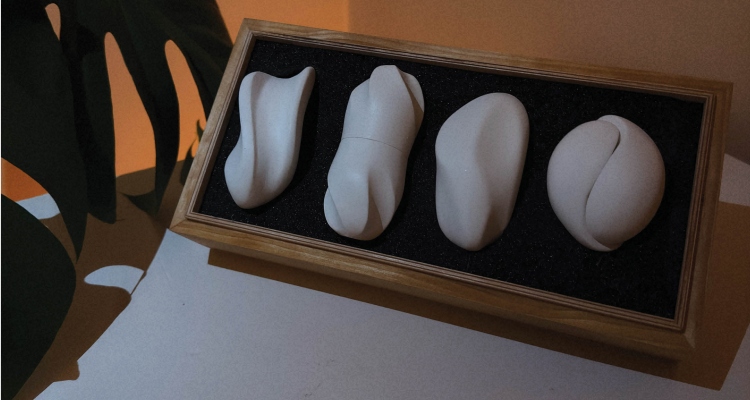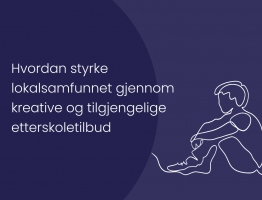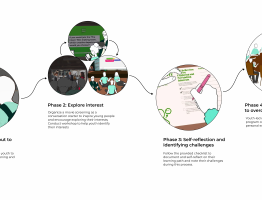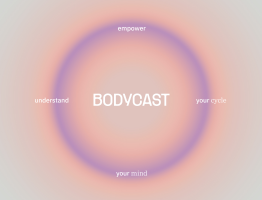Diploma project
Autumn 2024
Institute of Design
Stroke is one of the leading causes of disability globally, affecting millions of lives each year. It causes a wide range of physical and cognitive impairments impacting quality of life. Stroke rehabilitation is a critical aspect of recovery, as it often involves addressing both physical and cognitive challenges in daily lives of survivors.

This project takes inspiration from the complexities of stroke recovery, focusing on how design can support fine motor skill rehabilitation in an intuitive and enjoyable way. By exploring forms that encourage movement, fidgeting, and tactile engagement, the aim is to create tools that not only aid physical recovery but also provide a sense of interaction and personal connection.
Through this exploration, the project seeks to develop a set of fidget inspired tools that integrate functionality and playfulness. The outcome is not only a therapeutic set for rehabilitation but also a discussion on how design can transform the experience of recovery into something motivating and empowering. Reflections on the design process and its potential for future applications are also included.

The set is designed to align with different difficulty levels in the recovery journey,
as determined through consultations with therapists. While these levels can vary from person to person, DEXTERA provides an adjustable set tailored to individual needs, allowing users to track their progress throughout their recovery.

The process combines insights from ergonomic studies, stroke survivor feedback, and iterative prototyping to identify forms that promote dexterity and hand strength. Attention is given to how dynamic shapes can facilitate diverse hand movements, fostering both physical and cognitive stimulation.

Kardem Gunday




